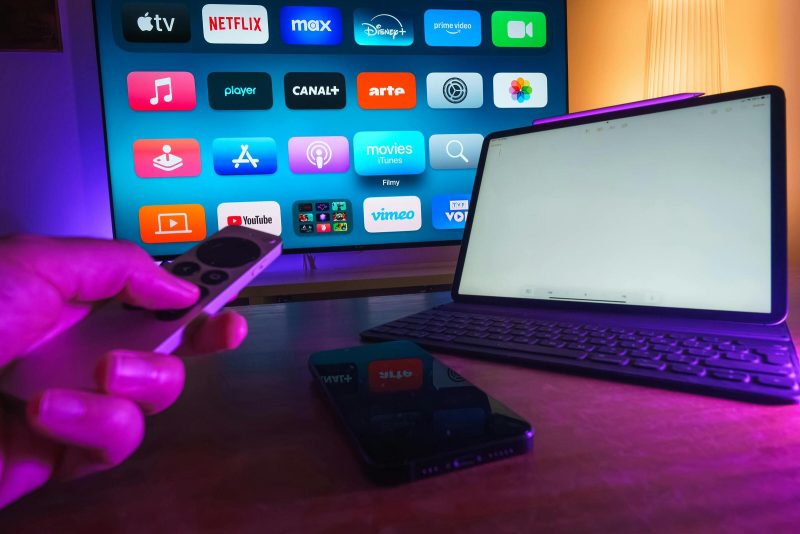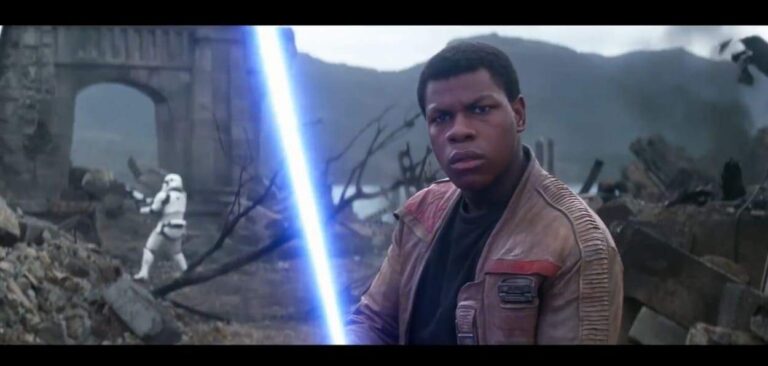Epic Moments in Streaming: This Day in Streaming History
In 2005, YouTube arrived; allowing people to watch videos online with no downloads for the first time. Even when video quality was poor, the ability to instantly view content felt revolutionary. Streaming was slow, and waiting for videos to load was a common occurrence. People adjusted their schedules around how long a video would take to buffer, demonstrating the early limitations and appeal of streaming.
Despite frustrations, something was exciting about early streaming. Watching short, often pixelated videos was novel, and sharing these clips created a new social experience. These moments gave people an early glimpse of the potential of digital entertainment, even before one understood its actual impact.
Netflix Redefines Entertainment
By 2007, Netflix had changed the industry forever. There was no longer any waiting around on red DVD envelopes—people could instantly watch movies and shows at home. Cable companies were long masters of overpriced bundles and never saw it coming. The concept Netflix built around was a fundamental but revolutionary way of watching movies: anywhere, at any time, without leaving the couch.
This shift was not only convenient. It prepared people to believe they ought to be in control, to make choices, and to act quickly—one no longer planned brunch around movie theaters and television schedules anymore, but according to what was streamable. Cable companies struck back with bundles and contracts, but the culture had shifted. The consumers had evinced a flavor of freedom they could not return on.
The Streaming Wars Heat Up
Skip to the present, and the competition is now intense—Disney+, Hulu, Prime Video, HBO Max, Apple TV+, Paramount+, and Peacock. The list is (almost literally) endless in the credits. Cord-cutting as a way to save money has become ironically known as subscription fatigue, as households end up paying more in streaming services than cable used to cost.
Nonetheless, a vast diversity has transformed the picture. Theaters and networks are no longer the primary venue; studios create content geared toward fixed digital-first content output. Streaming services no longer distribute; they create. New shows such as Stranger Things or The Mandalorian were not only entertaining, they were also cultural moments. Wallets can get frustrated by the war, but more creativity and storytelling are needed.
Streaming as Social Currency
Streaming has become a social identity, no longer an entertainment. Watch parties and synchronized viewing replaced distance with connection, and the phrase “Netflix and chill” became an everyday part of the language. Computers keep track of our behavior with creepy precision and offer us programs we somehow have to keep watching, though we never knew we needed them.
They have emerged as our digital guides, which has been happening invisibly. We like it, we despise it, but whatever your feelings about it, you can probably tell the algorithm knows us pretty well and has us quietly going crazy at 2 AM on a Tuesday with our new obsession. Sharing what you watched has evolved into a shortcut of personality into what and how we relate to one another.
The Future Is Everywhere
Nowadays, streaming is not limited to anything because it deals with anything. Live streaming has placed regular folks in the role of broadcasters and gamers in the spotlight, and it has made others watch other people play video games as a valid mode of entertainment. Everyone can become a content provider through Twitch, YouTube Live, TikTok or other platforms.
We have come to a stage when streaming is so incorporated into our lives that when the internet goes down, it feels like the end of times. The movement of an online download link to 4K on our phones has been one of the most significant changes to how we receive media.
Streaming has done more than alter the way we view; it has changed the creation, distribution, and consumption of content. From waiting for videos to buffer to living in a world of instant gratification, streaming has redefined entertainment, reshaped cultural habits, and upended our expectations of how we experience media. And honestly? With all the glorified paid subscriptions and algorithm cheating, it has been a ride.






